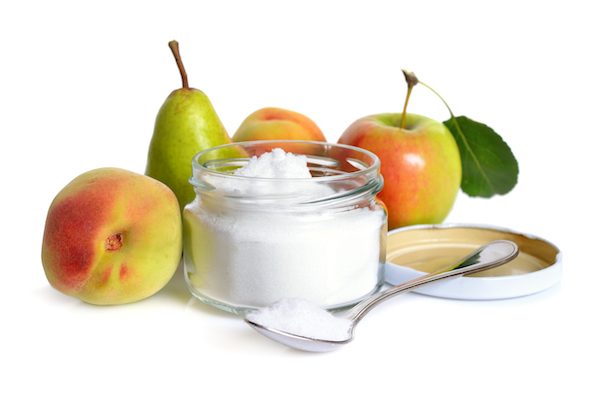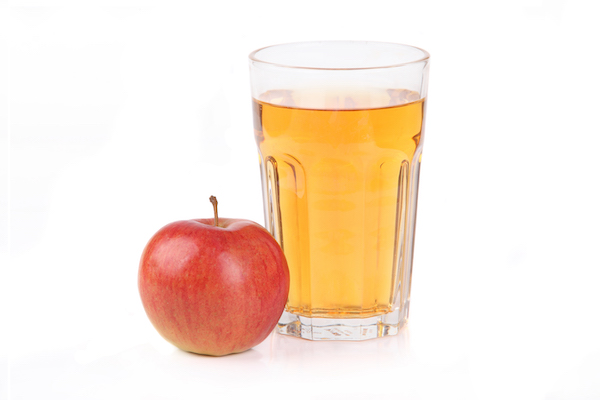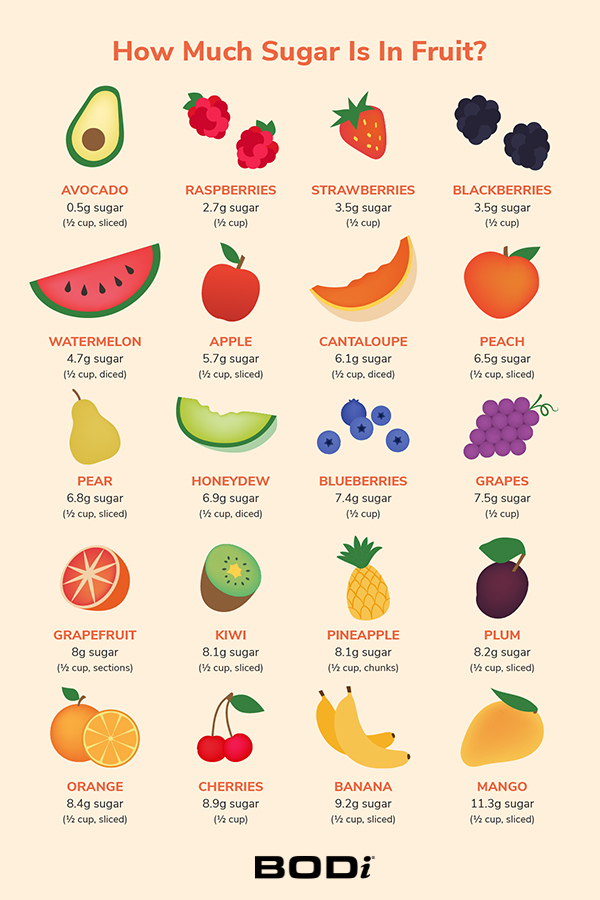Is the Sugar In Fruit Harmful For You? Sugar Content material materials In Fruit
Fruits are known as nature’s candy for a trigger: They’re our largest provide of sugar in minimally processed whole meals. So when the low-carb weight-reduction plan gained repute, fruit received right here beneath scrutiny by scrupulous dieters looking out for a dietary edge. Everyone knows fruit is an environment friendly provide of invaluable dietary nutritional vitamins and minerals, nevertheless many people marvel: Is the sugar in fruit harmful for you?
Be taught on to get a better understanding of the sugar in your fruit and whether or not or not not it could be a precedence for you.
Is Sugar in Fruit Harmful for You?
Briefly, no, you possibly shouldn’t take away that day-to-day banana. Consultants do want you to devour a lot much less sugar, nevertheless it’s finest to attempt to slash added sugar, not the naturally occurring sugars from fruit and dairy. That’s because of pure sugars moreover comprise fiber, which slows down your physique’s absorption of that sugar and as a consequence of this truth helps stability blood sugar ranges.
Instead of axing fruit, attempt slicing down on sugary drinks just like sodas, lattes, vitality drinks, and sports activities actions drinks, along with refined carbohydrates just like cookies, muffins, and candies. Compared with just a few of those sugar bombs, fruit’s sugar content material materials doesn’t come shut — and it’s precise, nutritionally superior meals.
Nonetheless, moderation is crucial because of the sugar in fruit continues to be sugar.
Can You Eat Too Quite a bit Sugar from Fruit?

Usually. Naturally occurring sugar in fruit is more healthy than refined sugar, nevertheless it certainly’s nonetheless attainable to overdo it: “For people who’ve a robust sugar dependancy, or who have to shed further kilos, you’ll be capable to really overindulge in [fruit] in case you’re consuming all of them day prolonged,” says Keri Glassman, MS, RD, CDN.
Researchers like Dr. Robert Lustig affiliate fructose to “alcohol with out the fun.” The important argument: Glucose may be utilized by any tissue inside the physique, nevertheless solely the liver is answerable for processing fructose, which, remember, is the precept provide of sugar in fruit.
When confronted with fructose, the liver has two choices: It would most likely convert fructose into glucose to fuel totally different tissues, or it would convert the fructose into fat and retailer it. In the event you occur to repeatedly eat better than adequate vitality, guess what choice your liver makes? That’s correct: It’ll retailer further fructose as fat.
This isn’t good because of over time, this fat can accumulate inside the liver and drive up your hazard for insulin resistance and sort 2 diabetes.
Is Sugar in Fruit the Equivalent as Frequent Sugar?
The sticky sweetness you get pleasure from from a crisp apple comes from fructose, the precept (nevertheless not the one) sugar in fruits. Fruits comprise a mix of sugars — for example, an apple incorporates 6 % fructose and three % sucrose by weight. Sucrose is what we usually know as desk sugar, and it’s made up of fructose and glucose fashions (molecules) joined collectively.
As quickly as eaten, you’ll be capable to digest every sucrose and fructose into glucose, which your thoughts and physique makes use of as fuel — and glucose is what results in your bloodstream and raises your blood sugar. Whereas sucrose may be quickly digested into glucose to spike blood sugar, fructose is further refined.
Pure fructose doesn’t improve blood sugar very lots, making it a most well-liked sweetener for diabetics. In spite of everything, that doesn’t give it a free transfer.
When Must You Stay away from Consuming Fruit?

The proof in opposition to fructose collected by well-intentioned researchers like Dr. Lustig is partly why you would possibly encounter sugar-phobic individuals. Nevertheless bear in mind the truth that even Dr. Lustig, who goes on doc calling sugar “toxic,” instructed the New York Events he wouldn’t advise slicing out fruit.
Principally, in case you’re concerned about your sugar consumption, you would possibly want to consider avoiding fruit when it’s been extraordinarily processed — that apple juice isn’t the equivalent as consuming an apple, and in addition you won’t be getting the equivalent ratio of helpful fiber compared with the apple.
Moreover, be cautious of dried fruit. Dried fruit does comprise fiber, nevertheless at a lots lower amount, which makes overeating a further probably prospect.
How Quite a bit Sugar Is in Fruit?
Nonetheless fascinated about reaching for lower-sugar fruits? Proper right here’s a chart that may help you understand how lots sugar is in 20 modern fruits:
*Chart displayed from least sugar to most sugar by grams.
| Fruit | Weight | Cals | Carbs | Fiber | Sugar* | % sugar by weight |
| Avocado (½ cup, sliced) | 73 g | 117 | 6.2 g | 4.9 g | 0.5 g | 1% |
| Raspberries (½ cup) | 61.5 g | 32 | 7.3 g | 4 g | 2.7 g | 4% |
| Strawberries (½ cup) | 72 g | 23 | 5.5 g | 1.4 g | 3.5 g | 5% |
| Blackberries (½ cup) | 72 g | 31 | 6.9 g | 3.8 g | 3.5 g | 5% |
| Watermelon (½ cup, diced) | 76 g | 23 | 5.7 g | 0.3 g | 4.7 g | 6% |
| Apple (½ cup, sliced) | 54.5 g | 28 | 7.5 g | 1.3 g | 5.7 g | 10% |
| Cantaloupe (½ cup, diced) | 78 g | 27 | 6.4 g | 0.7 g | 6.1 g | 8% |
| Peach (½ cup, sliced) | 77 g | 30 | 7.4 g | 1.2 g | 6.5 g | 8% |
| Pear (½ cup, sliced) | 70 g | 40 | 10.7 g | 2.2 g | 6.8 g | 10% |
| Honeydew (½ cup, diced) | 85 g | 31 | 7.7 g | 0.7 g | 6.9 g | 8% |
| Blueberries (½ cup) | 74 g | 42 | 10.7 g | 1.8 g | 7.4 g | 10% |
| Grapes (½ cup) | 46 g | 31 | 7.9 g | 0.4 g | 7.5 g | 16% |
| Grapefruit (½ cup, sections) | 115 g | 37 | 9.3 g | 1.3 g | 8 g | 7% |
| Kiwi (½ cup, sliced) | 90 g | 55 | 13.2 g | 2.7 g | 8.1 g | 9% |
| Pineapple (½ cup, chunks) | 82.5 g | 41 | 10.8 g | 1.2 g | 8.1 g | 10% |
| Plum (½ cup, sliced) | 82.5 g | 38 | 9.4 g | 1.2 g | 8.2 g | 10% |
| Orange (½ cup, sliced) | 90 g | 42 | 10.6 g | 2.2 g | 8.4 g | 9% |
| Cherries (½ cup) | 69 g | 43 | 11 g | 1.4 g | 8.9 g | 13% |
| Banana (½ cup, sliced) | 75 g | 67 | 17.1 g | 2 g | 9.2 g | 12% |
| Mango (½ cup, sliced) | 82.5 g | 50 | 12.4 g | 1.3 g | 11.3 g | 14% |

